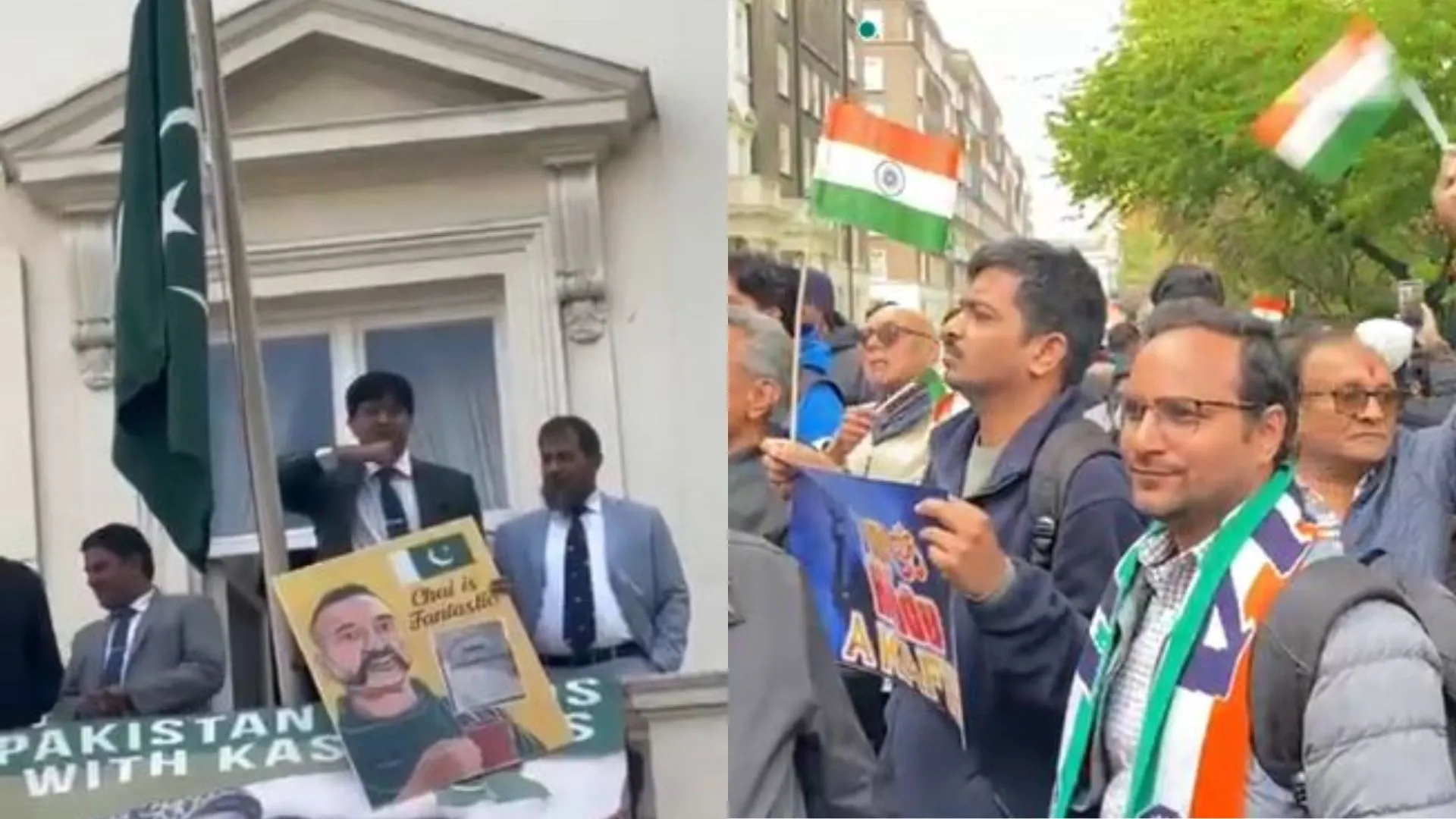In a dramatic escalation of tensions, Argentina has issued an arrest warrant for Venezuelan President Nicolás Maduro, alleging crimes against humanity. This development follows a tit-for-tat situation where Venezuela had previously issued a warrant for Argentina’s newly elected president, Javier Milei.
The courts in both countries took action on Monday, reflecting a deepening rift between Milei, a self-described “anarcho-capitalist,” and Maduro, the socialist strongman. Venezuela’s warrant for Milei is tied to the controversial seizure of a Venezuelan cargo plane, which was taken in Buenos Aires amid accusations of sanctions violations.
Venezuelan Charges Against Argentina
The Venezuelan Supreme Tribunal of Justice issued a warrant for Milei, labeling him as an accused in a case involving the “theft” of the cargo plane owned by the Venezuelan company Emtrasur. This aircraft was seized in June 2022 and has since become a focal point of diplomatic conflict. The Venezuelan authorities have accused Milei of aggravated robbery and unlawful detention, among other charges. They also issued warrants for Argentina’s Security Minister Patricia Bullrich and Milei’s sister, Karina Milei.
The case centers on a Boeing 747-300M that was detained under suspicions of espionage, with crew members from both Venezuela and Iran involved. The U.S. government later moved to seize the plane, citing legal breaches in its sale to Venezuela. Maduro’s government has characterized these actions as part of a broader conspiracy against them, labeling Milei’s administration as dictatorial.
Argentina’s Response and Arrest Warrant for Maduro
In a swift response, an Argentine court ordered the arrest of Maduro and several aides, accusing them of organizing the kidnapping and torture of Venezuelan citizens. The court invoked the principle of universal jurisdiction, allowing for the prosecution of serious crimes regardless of where they occurred. Notably, the court has requested that Interpol issue a red notice for Maduro’s capture, highlighting the international dimension of this conflict.
Milei’s government has downplayed the Venezuelan arrest warrant, with presidential spokesman Manuel Adorni dismissing it as “nonsense.” He emphasized that Argentina does not regard the statements from a “dictatorial government” as credible.
Historical Context and Diplomatic Strain
The relationship between Argentina and Venezuela has deteriorated significantly since Milei took office last December. Argentina has been critical of Maduro’s leadership and did not recognize the results of the Venezuelan presidential elections held on July 28, which the opposition claimed were fraudulent. This led to Argentina severing ties with Venezuela, along with six other Latin American countries, in response to Maduro’s alleged electoral malfeasance.
The diplomatic friction highlights the stark ideological divide between the two leaders. Milei’s administration is characterized by free-market policies, while Maduro’s government has been rooted in socialist principles, often facing accusations of human rights violations and authoritarianism.
As both countries navigate this tense situation, the issuance of arrest warrants signals a complicated and increasingly contentious relationship. With both leaders entrenched in their respective positions, the likelihood of diplomatic resolution seems distant. The involvement of international bodies like Interpol may further complicate the matter, bringing global attention to this unfolding political drama. As the situation develops, the implications for regional stability and international relations in Latin America will be closely monitored.























